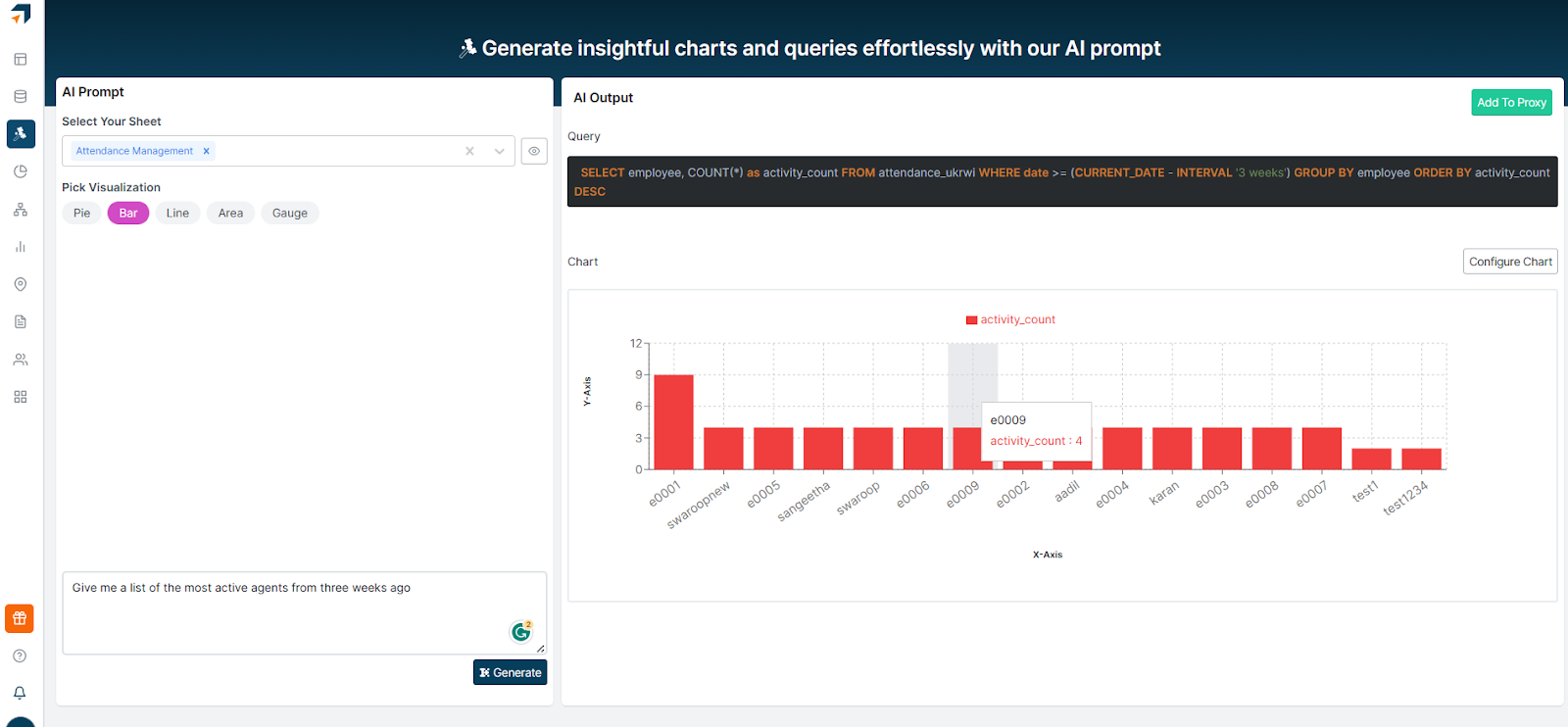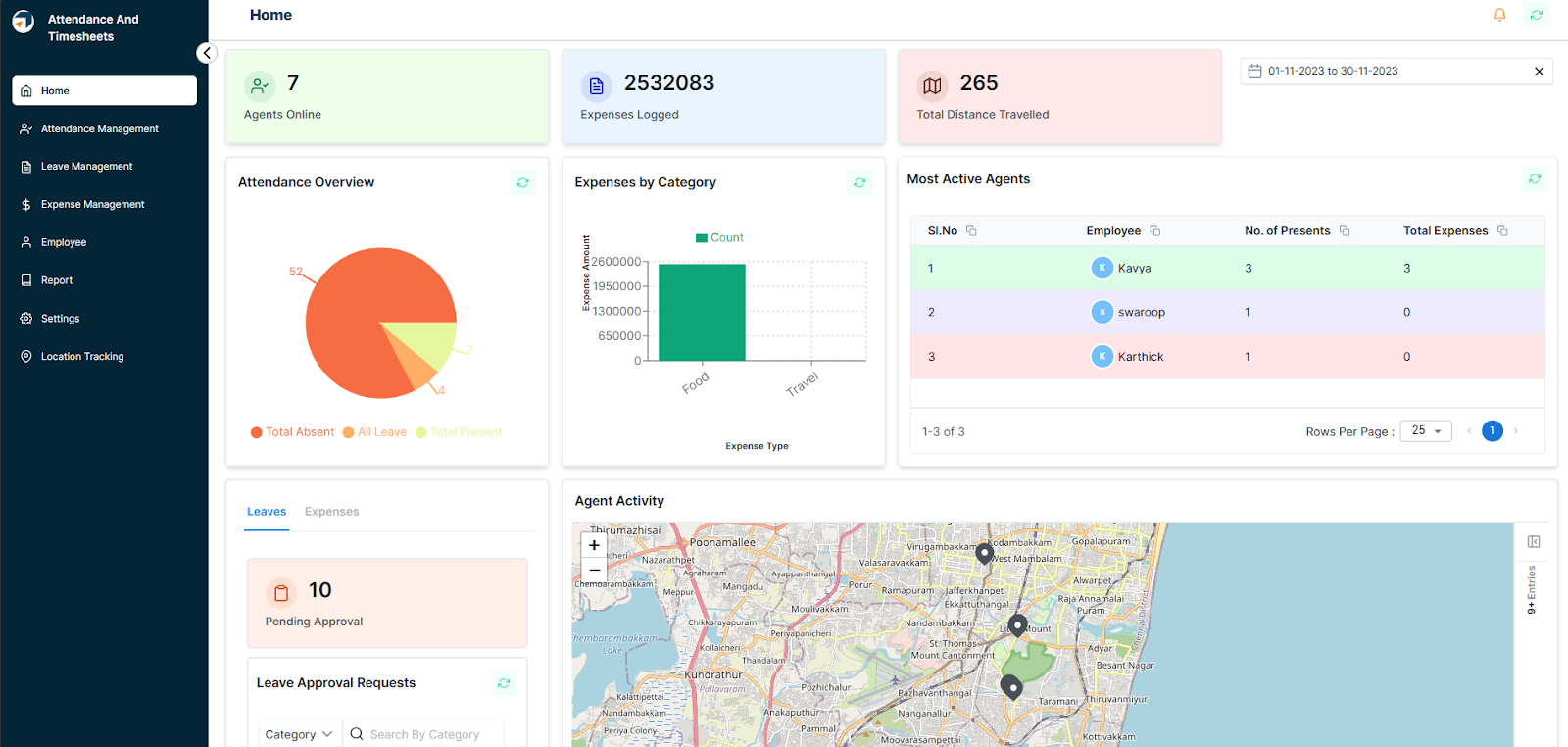Backed By:

Automation solutions for service technicians. Works with all your existing solutions and CRMs.
In this article, we will learn about the best practices and tips for beat planning, that you can use to enhance your customer support, increase customer satisfaction, and improve your support team's performance on the field, right from your office.
.png)
.png)
It's important to use the right processes to manage your field and dispatch teams, regardless of what kind of beat plan software you use. Because if not, you’re going to have trouble handling your day to day operations.
Visits and route management for your on ground teams is critical to ensuring your team’s optimal performance on the field. But how do you do that? If you’re just starting out, what are the steps you need to take as a manager to build your field teams up to the highest standard?
In this article, we will learn about the best practices and tips for beat planning, that you can use to enhance your customer support, increase customer satisfaction, and improve your support team's performance on the field, right from your office.
(P.S: If you want a detailed walkthrough on choosing the best route optimization software, check out this article here)
Agents need to be properly trained on how to use the visit planning system that you go for, and on customer service best practices in order to handle customer inquiries effectively. Good training ensures that agents will be able to use the route optimization solution efficiently, provide high-quality customer support, and help maintain customer satisfaction.
There’s always going to be visits that clash with your agents’ schedules or that are of immediate attention. Question is, will your current route management process be prepared to handle it? If not, then you might want to consider shifting to a new system.
The old way to go about this would be taking a look at all your visits scheduled for the day and find out which agent has more time on their hands, then see if they’re closer to the client’s place and schedule a visit.
At Fieldproxy, we do things a bit different. All you have to do is, head over to Fieldproxy’s AI visual builder, ask it a question, and it will show you actionable data for you to interact with, in 5 seconds.

You instantly know who’s available and who’s not, and allocating tasks to your agents becomes child’s play. The point is, if you’re not able to prioritize your visits for your agents, you will have a hard time scaling your operations.
This builds up on our previous point. No one likes feeling overwhelmed at work. If your support team is constantly bogged down by an unmanageable number of customer requests, it will lead to decreased productivity and, eventually, burnout.
Avoid this by ensuring that your team has the adequate support it needs, whether that means hiring more staff or implementing automation tools to lighten the load.
It is extremely important while managing beats and performing route planning that you have your eye on the ball at all times - knowing where your teams are, what activities are being carried out, how effective is your least effective agent compared to yesterday, how can you make that better today - as a fleet and field team manager you need to be able to stay on top of all of these questions.
Once you have that data, you will be able to make faster, more accurate decisions that help you scale your business beyond what you might’ve though possible.

It’s no use collecting all of that data from your team on a daily basis if:
A) It’s not being measured
B) You’re measuring the wrong metrics
Both can amount to serious damage to your organization over the long haul. So it’s important that you measure data for your teams. What kind of metrics do you really need to track? We’ve put up a detailed article about it right here, so do check it out.
Just to give you a quick outlook, tracking metrics for teams varies widely and there’s really no one-size-fits-all for what kind of data you should be looking at, but most of our clients here at Fieldproxy love seeing a few key metrics:
Just to name a few. Go check out the detailed article here to learn about more metrics you should be tracking, and how to go about measuring them effectively.

Data metrics are nothing if your agents are not incentivized to collect them. Because if your agents do not collect real-time data from the field, you do not have any metrics to work on. This is why incentivizing agents based on targets aligning with Visit data is important. Some key metrics we collect here at Fieldproxy for our clients include:
Your field teams are cost centers that can turn into revenue centers if you incentivize and make the right data backed decisions. That’s what we help you do at Fieldproxy.

Data from your customers is just as important as data from your field teams. To make a beat plans are successful, not only when your agents go from point A to point B in the most efficient way possible, but also maintain the quality customer experience that your business prides itself in. Collecting customer feedback helps you know that your agents are doing a great job.
And if we haven’t emphasized it enough in this section of the blog, track your metrics. Know what’s happening on the field, then make calculated decisions to take your company to the next level. That is how manage your routes the best way possible.

As businesses expand and operations grow more complex, managing field teams can be a daunting task. From managing tickets to scheduling jobs and everything in between, keeping track of everything can be time-consuming and inefficient. That's where Fieldproxy comes in - an end-to-end field team management solution that aims to simplify these tasks and streamline operations.
One of the key features of Fieldproxy is its beat planning software. With this feature, businesses can create, assign, and manage tickets, ensuring that issues are resolved quickly and efficiently. This means that customers get the service they need, and businesses can maintain their reputation for quality customer support.
Another important aspect of Fieldproxy is its job scheduling feature. With this tool, businesses can schedule jobs and assign them to field teams in real-time. This helps ensure that the right team is on the job at the right time, which can save businesses time and money.

Fieldproxy also offers a mobile application that allows field teams to generate quotes and estimates on the go. This feature is particularly useful for businesses that operate in industries where quotes and estimates are necessary, such as construction or landscaping. With this feature, businesses can provide accurate quotes to their customers quickly and easily.
In addition to generating quotes and estimates, the Fieldproxy mobile application also allows businesses to raise invoices and facilitate payment collections through integrations with popular payment gateways. This can help businesses get paid faster and with less hassle.
With features like customer happiness index, and historical customer data, ensure your customers are always satisfied with your products and services. Know exactly how your customers operate and provide better quality services.
Fieldproxy’s easily-presentable data dashboards and reports allow managers to make sense of all the data their field teams collect, in real time.
Create, curate, and manage different dashboards and reports to help make better data-backed decisions for your service teams.

So why should businesses consider Fieldproxy? With its comprehensive set of features, Fieldproxy can help businesses save time, streamline operations, and improve customer satisfaction. And with a free demo available, there's no reason not to give it a try.
If you're looking for an end-to-end field team management solution that can help you manage tickets, schedule jobs, generate quotes and estimates, raise invoices, and collect payments while also providing customer feedback support, then Fieldproxy might be the solution for you. Book a free demo today to see how Fieldproxy can help your business improve its operations and customer satisfaction.
